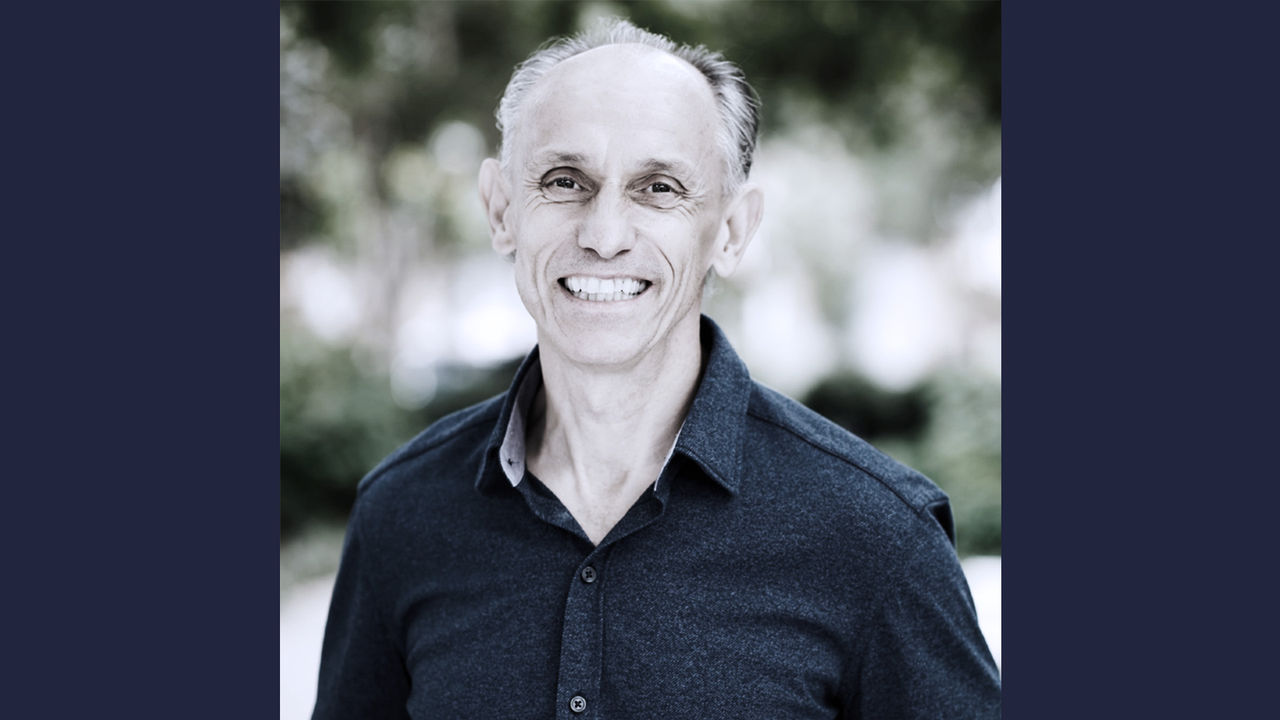Truth, Loyalty and Empathy Guide the Leadership Path of Capital One's Founder
A Q&A with Nigel Morris, managing partner at QED Investors and a co-founder of Capital One.

Was this resource helpful?
Lorem ipsum dolor sit amet, consectetur adipiscing elit. Vivamus convallis sem tellus, vitae egestas felis vestibule ut.
Error message details.
Request permission to republish or redistribute SHRM content and materials.
A Q&A with Nigel Morris, managing partner at QED Investors and a co-founder of Capital One.

Earning your SHRM-CP credential makes you a recognized expert and leader in the HR field.
Learn how Marsh McLennan successfully boosts staff well-being with digital tools, improving productivity and work satisfaction for more than 20,000 employees.
The proliferation of artificial intelligence in the workplace, and the ensuing expected increase in productivity and efficiency, could help usher in the four-day workweek, some experts predict.
As artificial intelligence technology continues to develop, the demand for workers with the ability to work alongside and manage AI systems will increase. This means that workers who are not able to adapt and learn these new skills will be left behind in the job market.
Stay up to date with the latest HR news, trends, and expert advice each business day.
Success caption